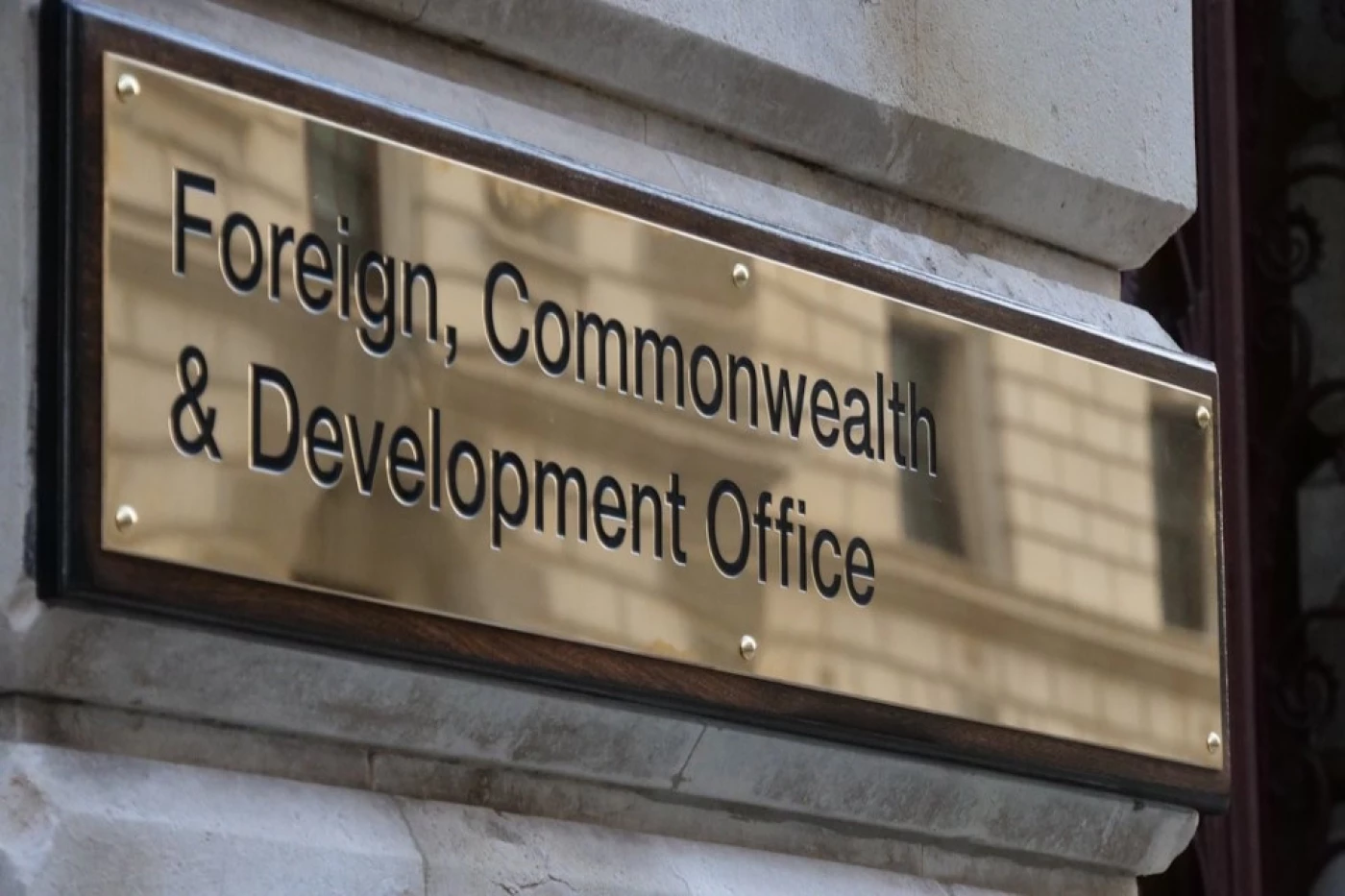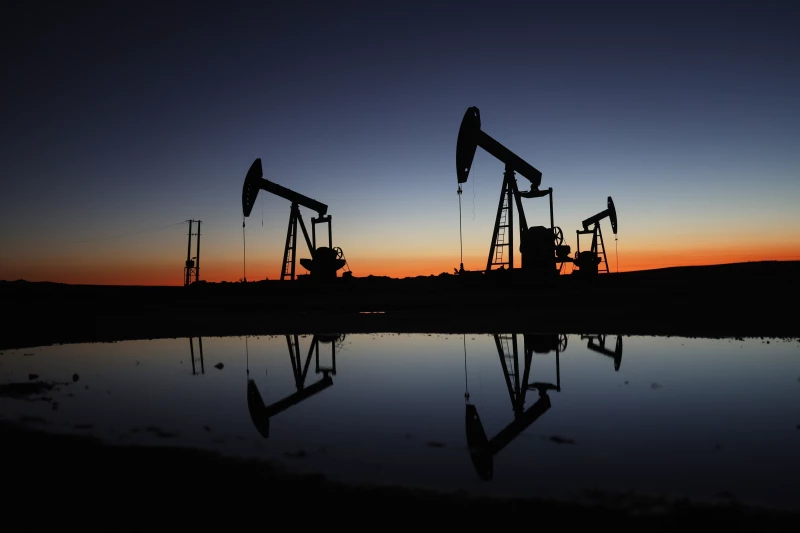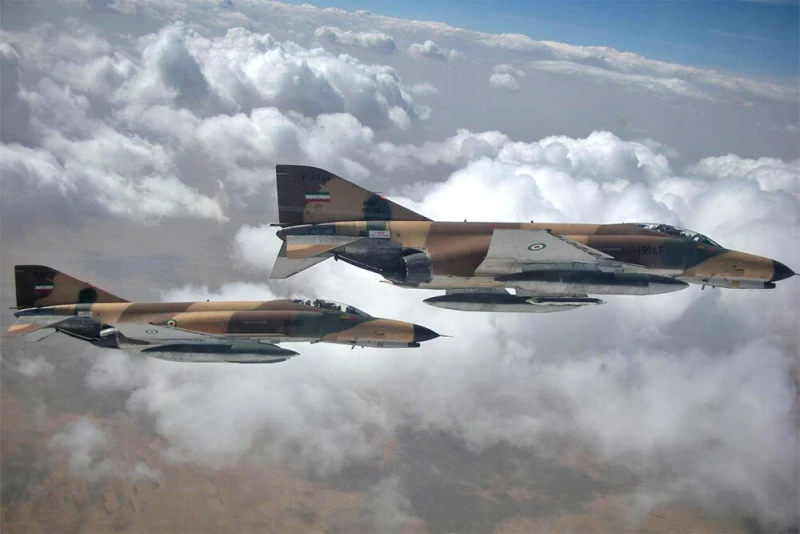ERBIL, Kurdistan Region of Iraq - The British government on Monday added 71 individuals and entities tied to Tehran’s nuclear program to its sanctions list, imposing asset freezes a day after international penalties were reimposed on Iran.
The measures were enacted under the Iran (Sanctions) (Nuclear) (EU Exit) Regulations 2019, which were made under the Sanctions and Anti-Money Laundering Act 2018. The legislation aims to block Iran from using international companies to bypass restrictions.
The regulations provide for “the freezing of funds and economic resources of persons … involved in the proliferation or development of nuclear weapons in, or for use in, Iran … or the development of a nuclear weapon delivery system,” the statement from the UK government said on Monday, adding that “71 entries have been added to the consolidated list and are now subject to an asset freeze.”
The expanded sanctions list includes senior officials in Iran’s nuclear program and major financial and energy institutions, notably the National Iranian Oil Company (NIOC). The measures include travel bans for designated individuals, asset freezes, and broad trade restrictions.
NIOC is Iran’s state-owned oil producer, which operates both domestically and abroad to export crude and petroleum products, with revenue from international sales funneled to allegedly support Tehran’s nuclear, missile, and military programs, often using subsidiaries and front companies to evade sanctions.
The UK Foreign Office says that the sanctions regime is aimed at “encouraging Iran to comply with relevant UN obligations, encouraging Iran to abandon nuclear weapons programmes, [and] restricting the ability of Iran to develop nuclear weapons and nuclear weapons delivery systems.”
Several foreign-based entities, many of which are located in global financial hubs such as London, Paris, Tokyo, New York, Dubai, and Singapore, have been targeted for allegedly providing financial, material, or logistical support to Iran’s nuclear program.
The UK's move comes a day after the United Nations formally reimposed a global arms embargo and other sanctions on Iran through the “snapback” mechanism of the 2015 nuclear deal, formally known as the Joint Comprehensive Plan of Action (JCPOA). Britain, France, and Germany had triggered the "snapback," accusing Tehran of noncompliance with the accord.
“Failure to comply with UK financial sanctions legislation or to seek to circumvent its provisions may be a criminal offence,” the UK statement warned.
The renewed restrictions introduced a global ban on working with companies and individuals accused of cooperating with Iran’s nuclear and missile programs.
The Iranian foreign ministry responded on Sunday, saying, “The reactivation of annulled resolutions is legally baseless and unjustifiable … all countries must refrain from recognizing this illegal decision.”
The foreign ministers of the UK, France, and Germany urged Iran in a joint statement to return to negotiations, stating, “The reimposition of UN sanctions is not the end of diplomacy.”
US Secretary of State Marco Rubio also called on Tehran to “accept direct talks, held in good faith.”



 Facebook
Facebook
 LinkedIn
LinkedIn
 Telegram
Telegram
 X
X


